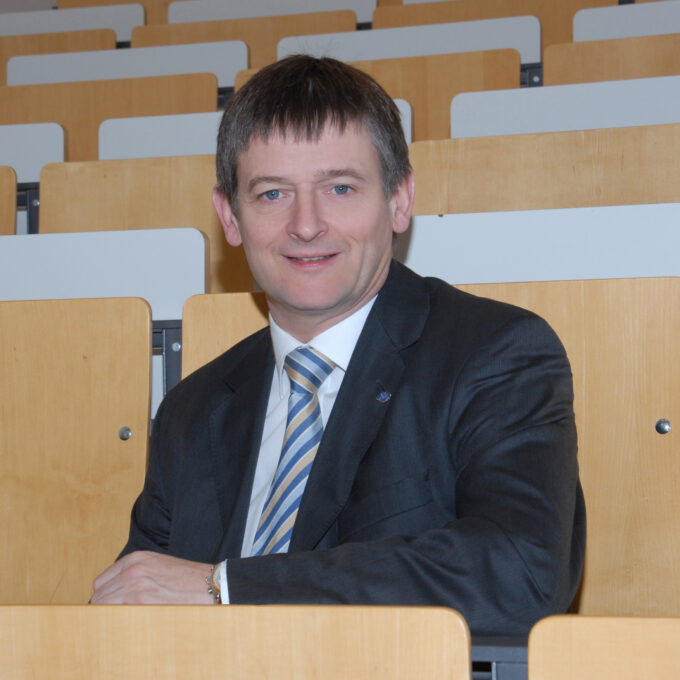Algorithms - tools or weapons of new thinking?
To be algorithms or not to be algorithms, that is the question! On April 25 and 26, the Deggendorf Forum on Digital Data Analysis will take place for the 15th time at the Deggendorf University of Applied Sciences (THD). This year, the top-class panel will deal with the question to what extent algorithms will determine economic, but also political thinking and action in the future.

When algorithms and extrapolations lead to disaster: "Greek chief statistician sentenced - for honesty" was the headline of the SZ in June 2018, referring to Prof. Andreas Georgiou, for many years at the IMF in New York and from 2010 appointed president of the newly founded and independent Greek statistics authority ELSTAT. Georgiou revised the 2009 government deficit to 15.4 percent from the original 3.9 percent. The subsequent austerity policies, largely dictated by the EU, and their consequences are well known.
Georgiou's openness became part of the narrative of many conspiracy theories in Greece against the EU and also Germany. In 2018, the Supreme Court handed down a suspended two-year prison sentence for "violation of the national interest" - with a possible repercussion at the European Court of Human Rights still looming. A prime example of the economic, political and social implications of dealing with numbers and statistics. At the Deggendorf Forum, Georgiou will speak about ethics in statistics and the future of statistical practice.
Interpret in a new way
Of course, special topics in the areas of auditing, auditing and controlling will also be covered at the Deggendorfer Form. Axel Zimmermann, managing director of Audicon GmbH in Düsseldorf, talks about "The future of auditing", Prof. Dr. Ludwig Mochty from the University of Duisburg-Essen explains the "balancing act of the auditor between dutiful discretion and evidence-based data analyses".
The presentation by Siegfried Köstlmeier deals with AI research and paxis-oriented financial models. He is a research associate at the Chair of Business Administration at the University of Regensburg. The managing director of diSCIS GmbH (Dreieich), Knut Fischer, will report on "Annual financial statement recording and analysis with artificial intelligence". Finally, Stephan Rickert, a large-scale auditor and lecturer for new auditing techniques at the Wismar tax office, will analyse the "Iteration behaviour of digits in risk data".
Dealing sensibly with data and facts, interpreting them correctly and thus describing an increasingly complex world in a meaningful way is also Prof. Gigerenzer's major concern. "There is a kind of illiteracy in dealing with probabilities and risks," says the scientist from the Max Planck Institute for Human Development. His book "Risk" reached an audience of millions and was translated into more than 20 languages. In Deggendorf, Prof. Gigerenzer will explore the exciting question of whether a very special statistical way of thinking is needed in a digitalized world.
On April 25 and 26, the Deggendorf Forum on Digital Data Analysis will take place for the 15th time at the Deggendorf University of Applied Sciences (THD). This year, the top-class panel will deal with the question of the extent to which algorithms will determine economic, but also political thinking and action in the future. And what ethical implications, if any, may lie behind them. Highlights of the exchange with business representatives are likely to be the presentations by Prof. Andreas Georgiou from Amherst College (USA) and Prof. Dr. Gerd Gigerenzer from the Harding Center for Risk Competence at the Max Planck Institute for Human Development.










